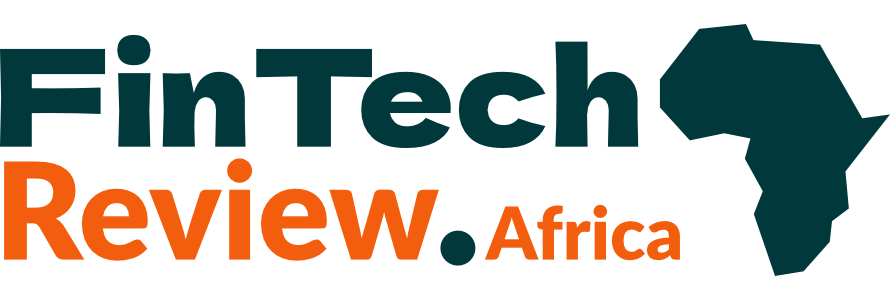LoanTech Dogged by Many Challenges in Africa

LoanTech in Africa faces a unique set of challenges that hinder its potential to revolutionize financial inclusion. These challenges span infrastructural limitations, regulatory ambiguities, cultural nuances, and socio-economic disparities.
One of the most significant obstacles is the lack of robust infrastructure. Many African countries suffer from inadequate internet connectivity, particularly in rural areas, which limits the reach of LoanTech platforms that rely on online accessibility. Furthermore, unreliable power supplies can disrupt operations and increase operational costs. The absence of standardized identification systems and credit bureaus also makes it difficult to assess creditworthiness accurately, increasing the risk of default.
Regulatory frameworks surrounding LoanTech in Africa are often unclear or underdeveloped. This ambiguity creates uncertainty for investors and entrepreneurs, hindering innovation and growth. Many countries lack specific regulations tailored to the unique characteristics of LoanTech, leading to the application of traditional banking regulations that may not be appropriate or effective. The absence of clear guidelines on data privacy, consumer protection, and anti-money laundering also poses challenges.
Cultural nuances and socio-economic factors play a crucial role in the adoption and success of LoanTech. Traditional financial practices and a preference for cash transactions can create resistance to digital lending platforms. Low levels of financial literacy and a lack of trust in formal financial institutions further compound the problem. Additionally, socio-economic disparities, such as income inequality and unemployment, can limit the ability of individuals to access and repay loans.
Addressing these challenges requires a multi-faceted approach. Governments need to invest in improving infrastructure, including internet connectivity and power supplies. They should also develop clear and comprehensive regulatory frameworks that are tailored to the unique characteristics of LoanTech. These frameworks should promote innovation while protecting consumers and ensuring financial stability.
Furthermore, efforts are needed to increase financial literacy and build trust in digital lending platforms. This can be achieved through education campaigns, partnerships with community organizations, and the development of user-friendly platforms that cater to the needs of diverse populations.
LoanTech companies must also adapt their business models to the specific context of African markets, taking into account cultural nuances and socio-economic realities. This may involve offering flexible repayment options, providing access to financial education, and partnering with local businesses to reach underserved communities.
Overcoming the challenges facing LoanTech in Africa is essential for promoting financial inclusion and driving economic growth. By addressing infrastructural limitations, regulatory ambiguities, cultural nuances, and socio-economic disparities, LoanTech can unlock its potential to transform the financial landscape and empower individuals and communities across the continent.

 Francis
Francis 





